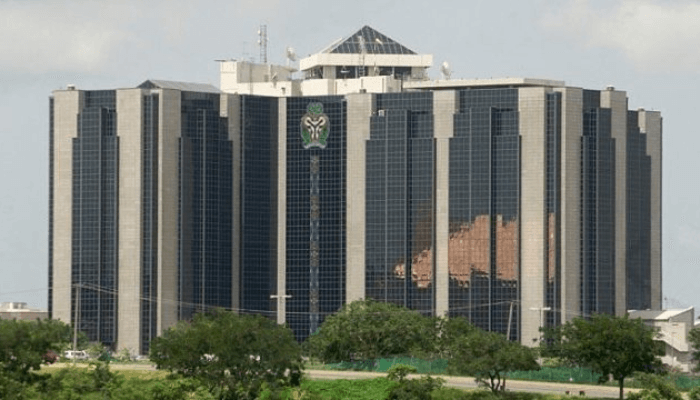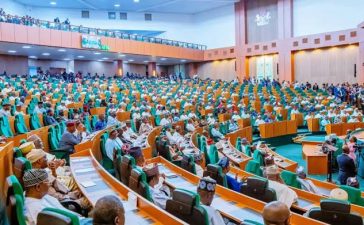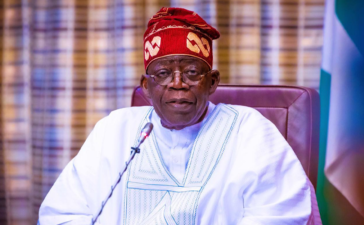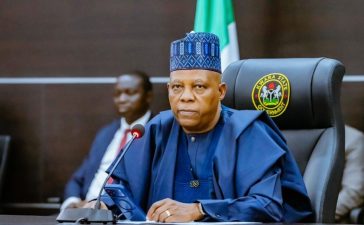As Nigeria accelerates efforts to grow its economy to $1 trillion by 2030, the Central Bank of Nigeria (CBN) has reaffirmed the critical role of the banking sector recapitalisation drive in achieving this ambitious goal.
Speaking at the CBN’s seminar for finance correspondents and business editors in Abuja on Monday, Olubukola Akinniyi Akinwunmi, Director of the Banking Supervision Department, emphasized that the recapitalisation initiative is designed to strengthen financial system stability and equip the sector to absorb unexpected global and domestic shocks.
Themed “Playing the Global Game: Banking Recapitalisation Towards a $1 Trillion Economy”, the seminar explored the implications and prospects of the CBN’s latest recapitalisation policy, announced in March 2024.
The new policy mandates a significant increase in paid-in capital requirements—covering share capital and share premium—for commercial, merchant, and non-interest banks. To meet the target by end-Q1 2026, banks can choose among equity injections, mergers and acquisitions, or downgrading their license category.
According to Agusto & Co., the recapitalisation is expected to inject around ₦4 trillion into the Nigerian banking system. Meanwhile, Fitch Ratings reports that most Nigerian banks are on track to meet the new capital requirements, helped by recovery efforts from the naira devaluation and improved investor confidence.
“Recapitalisation enables banks to take bigger risks, support key sectors, and stay afloat during downturns,” Akinwunmi stated. “It also boosts confidence in the financial system.”
He added that investors are responding positively to the CBN’s foreign exchange (FX) stability measures, which are contributing to renewed inflows of foreign direct investment (FDI).
Referencing the global impact of former U.S. President Donald Trump’s new tariffs, Akinwunmi highlighted that CBN policies are ahead of the curve in shielding Nigeria’s economy from external economic shocks.
Also speaking at the event, Emem Usoro, Deputy Governor, Corporate Services at the CBN, called for sustained attention on recapitalisation as a strategic tool for development financing, global competitiveness, and economic resilience.
“Strong and stable banks are essential to power Nigeria’s future. Recapitalisation is not optional—it is critical,” she said.
The seminar also featured a colloquium discussing the implications of the recapitalisation drive and strategic ways forward for Nigeria’s banking and economic future.







